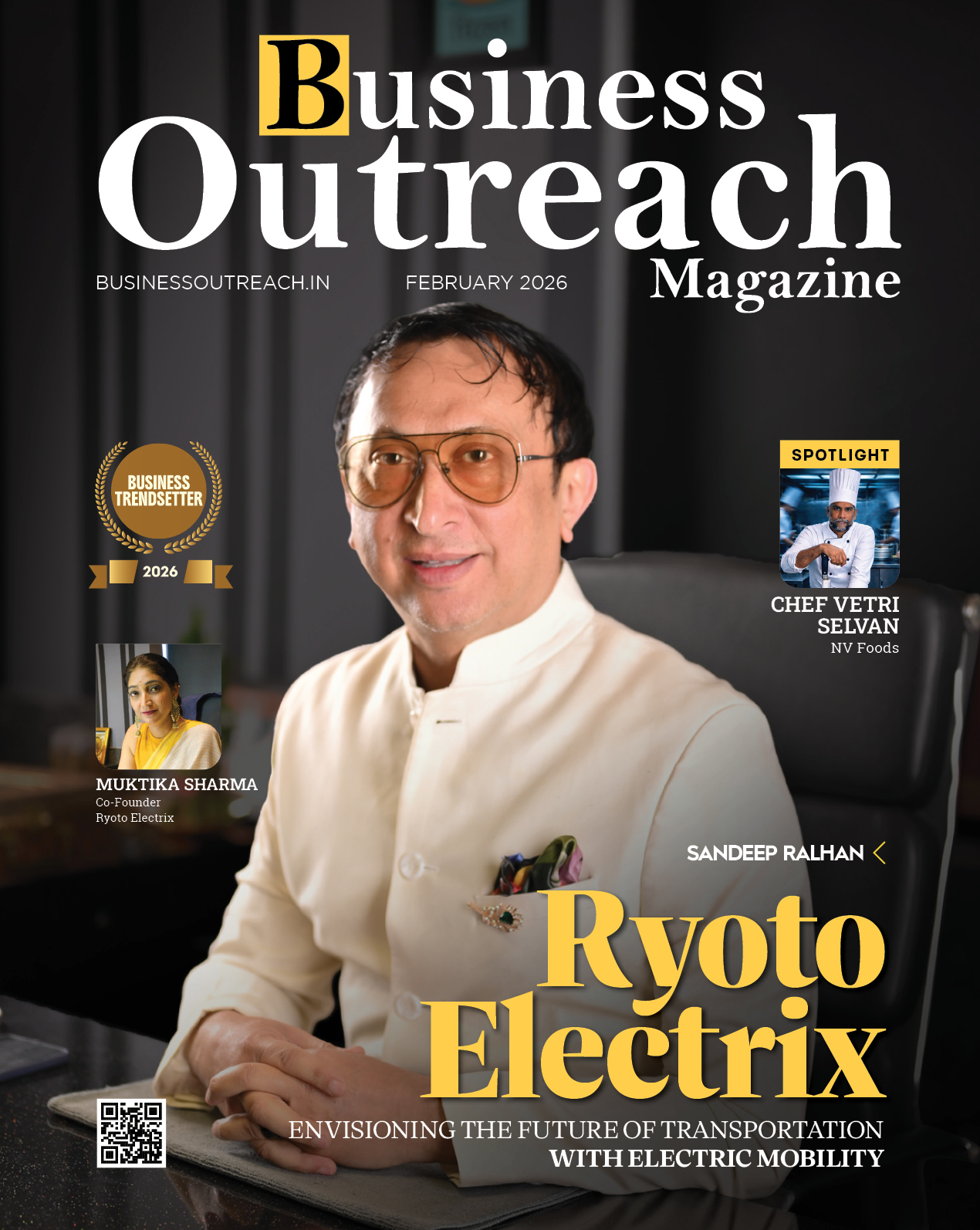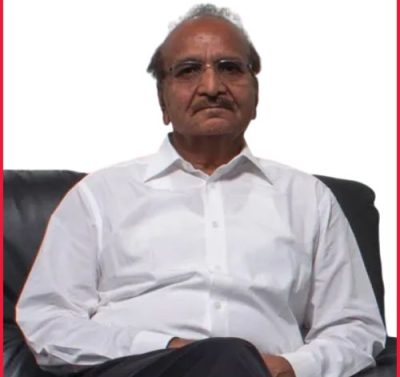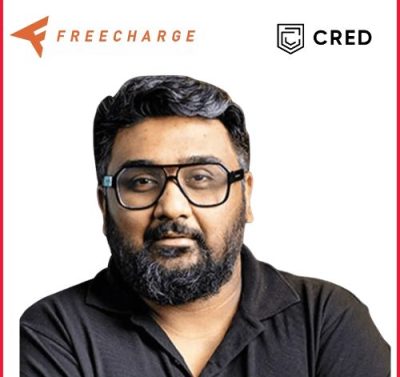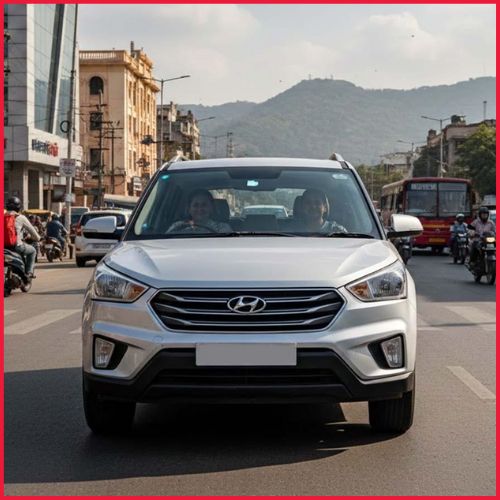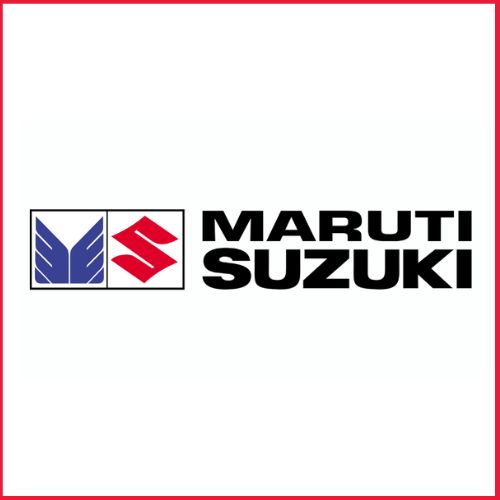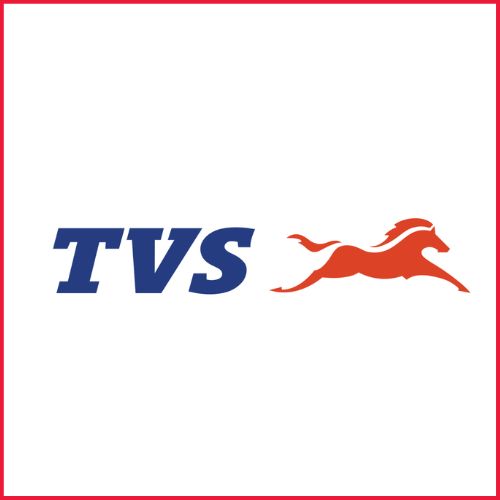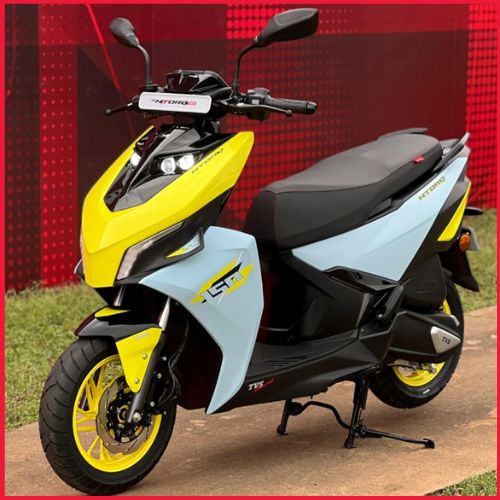The mission for McKinsey includes a thorough plan to deal with pricing, margins, structure, rightsizing, worldwide company expansion, etc. over the course of the proposed 12-month relationship.
According to four persons with knowledge of the situation, Tata Motors has recruited global management consulting company McKinsey & Co. to restructure its commercial vehicle (CV) business for better profitability without sacrificing market share.
Even though it regained market share, the largest CV manufacturer in the nation is anxious to avoid engaging in a discount war that would make it one of the weakest performers in terms of a bottom line in 2021–22, they claimed.
The mission for McKinsey includes a thorough plan to deal with pricing, margins, structure, rightsizing, worldwide company expansion, etc. over the course of the proposed 12-month relationship.
According to the sources, McKinsey is comparing some of the best businessesworldwide, including domestic rivals of Tata Motors that are performing better on profitability criteria.
They claimed that throughout numerous meetings, the senior management, including the chairman, emphasized the necessity of ending the culture of discounting and winning market share at all costs.
In the most recent fiscal year, Tata Motors sold 367,000 more cars overall, up 37%.
Its operating margin, however, shrank by 50 basis points to 3.7 percent as raw material prices rose more steadily, which had a negative effect on the bottom line as well.
Tata Motors’ overall market share for CVs increased to 44.9 percent in FY22 from 42.4 percent in FY21, but the company’s profitability fell by 50 basis points over the course of the year despite some of its competitors improving margins.
“It’s a classical conflict between funding market share growth and driving profitability,” said one of the four people cited above. “The CV business unit is unable to leverage technology or product superiority to command profitable selling prices and instead is relying on active discounting to retain or grow share, which is proving unsustainable.”
Another person said, “Tata Motors’ CVs don’t enjoy the price power as it used to in the past,” citing “high-cost structure, weak sales predictability, and extremely skewed sales variance – with more than 70-80% of volumes pushed in the marketplace in the last week of the month”.
Comparatively, Ashok Leyland, a competitor, experienced a volume rise of 27% and a margin expansion of over 100 basis points in FY22, demonstrating stronger headwind management on the part of the Tamil Nadu truck manufacturer.
In FY22, Ashok Leyland reported a profit before taxes of Rs 542 crore, whereas Tata Motors’ CV unit reported a loss before taxes of Rs 100 crore.
In the most recent fiscal year, Tata Motors sold 367,000 more cars overall, up 37%.
Its operating margin, however, shrank by 50 basis points to 3.7 percent as raw material prices rose more steadily, which had a negative effect on the bottom line as well.
Tata Motors’ overall market share for CVs increased to 44.9 percent in FY22 from 42.4 percent in FY21, but the company’s profitability fell by 50 basis points over the course of the year despite some of its competitors improving margins.
